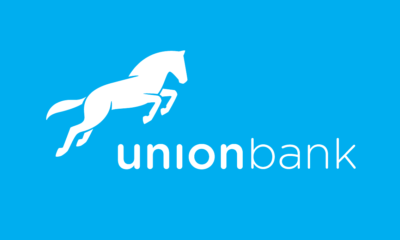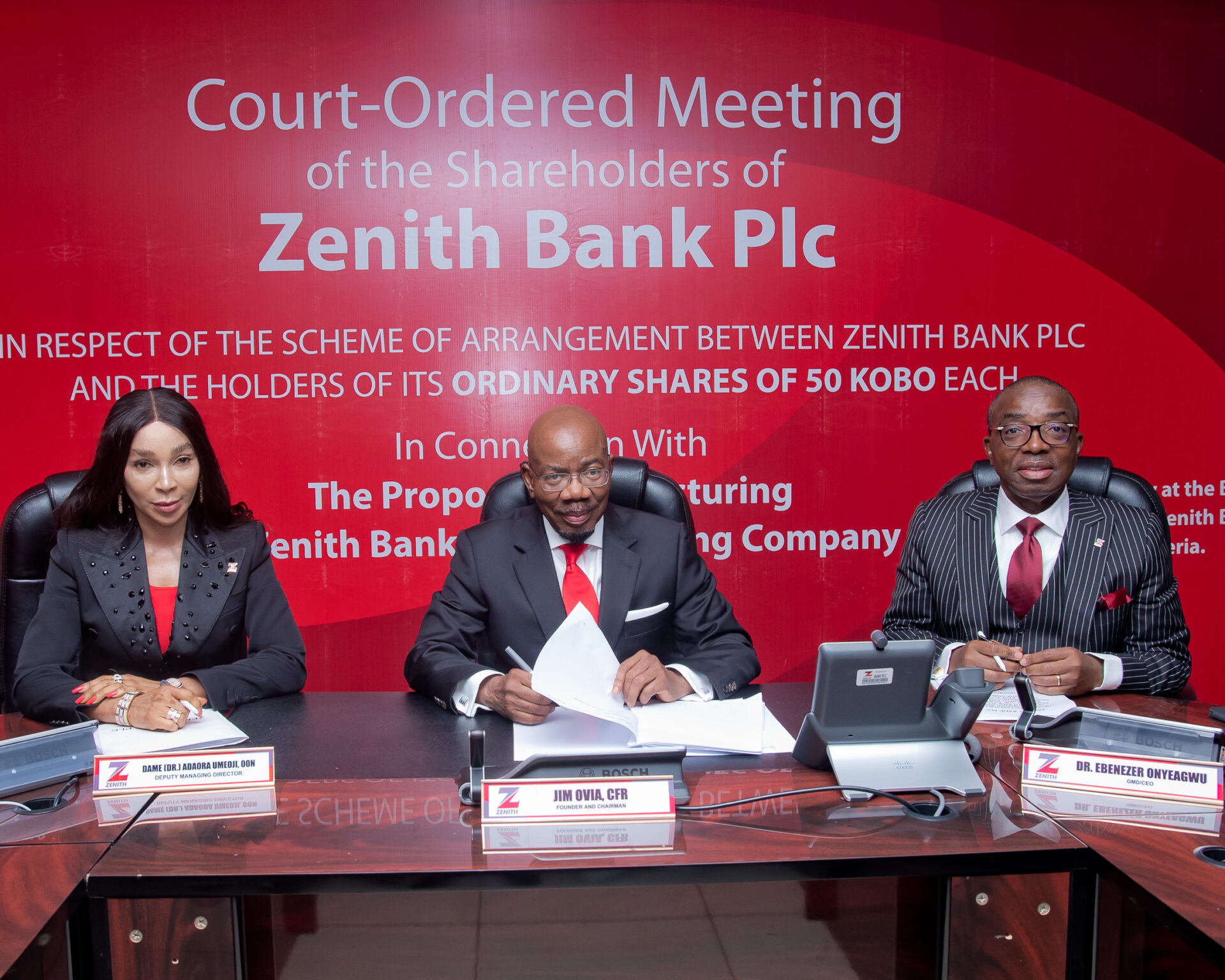Often, a journey of a thousand miles starts with a step. The same principle applies to the journey of financial freedom.
To build a strong personal finance core, budgeting must be taken very serious. In fact, it is the first step in the journey to financial independence.
Smart budgeting is very important if you want to live a carefree life. Do you want to have some fun travelling and experiencing beautiful places by the end of the year? Plan ahead. If you would like to enjoy the wonderful feeling of peace then you need to always work on your budget. Yes, you have absolute control over it.
Why is budgeting so important?
Today, many people find it difficult to manage their money. Managing money doesn’t have to be a hard thing to do.
It begins with smart budgeting. Fundamentally, budgeting has to do with your understanding about the amount of income you earn and how much you spend. To be on a good side, you would want to live beliwt your means. That is, spending less than you earn.
One of the top reasons for having a budget is that it helps you know where your earnings are going. It simply allows you to adjust your spending in order to save more money, live a good life, and avoid debts.
Again, smart budgeting allows you to set your financial goal(s). When you set a money goal, budgeting can help you achieve it faster. Are you fed up with a lifestyle where you have to live from paycheck to paycheck? Sure, you need an emergency fund in place for a back-up. The art of smart budgeting irons this need out early.
A lot of people are often stressed up when thinking about money. If you take your budgeting serious, you can easily reduce unnecessary stressA life where you don’t have to bother about money is worth living. It gives you peace of mind. Budgeting and planning your financial future is easy when you get it right.
Six Effective Strategies for Budgeting Smarter
1. Automate your finance.
Thanks to technology, you can now automate almost everything. The tedious work of budget can be reduced dramatically. Leverage on it today.
Begin by having automatic transfers. You can use this to pay your bills at regular intervals. It is also important that you watch closely everything you automate. Cut off any monthly subscriptions that no longer add values to you.
When you automate your finances, it is easier for you to allocate expenses and bills – even before you spend it.
Do you operate multiple accounts? Just automate them all. This helps you to organize your finances. You can also transfer money from your regular account to your bills account (you can create one for this purpose. When bills come up, you would be able to pay them easily.
You can also create or download a financial statement. This is very important for budgeting smarter. Have an overview of your financial statement. It can be on an Excel sheet. There are also other websites that help you with this. With a financial statement, you have a perfect insight into your budget and finances.
2. List all your income.
If you want to budget, you need to know what goes into it. Your wages, allowances, a bonus, monthly mortgage interest refund, holiday pay, possible benefits, or rental income. Put everything in a row. When you can list down all you income, it becomes easier for you to have more control over your money.
3. List all your expenses and shop wisely.
You must be honest about all your expenses; small and big.
From energy bills, to rents, to transport, to foods, and other expenses – you must know where your money goes. If you start taking budgeting more serious, you will notice that your expenses are often higher. All those small impulse purchases do add up.
When next you plan to go out for shopping, be a savvy shopper. You would want to get quality as well as good discounts.
Today, there are great websites that offer good discounts on almost everything you need to buy (think LivingSocial, Buytopia, Groupon, and others). You will always find great discounts, from entertainment to travel, you will find a good deal.
Again, you can shop for second-hand goods. Kijiji is a good example of websites where you can find great deals. You will find quality goods if you take your time. It saves you more money and you can enjoy the value of those goods.
4. Adjust your budget every month.
It’s obvious that some of your monthly expenses may vary. Vehicle registration fees and getting holiday gifts are good examples.
Also, your income might change. That is, you may earn more if you have a side hustle.
For these reasons, you need to examine your budget at least once a month. You may check and adjust more frequently too.
5. Prioritize your financial goals and expenses
It is essential that you understand the clear line between wants and needs. You must strive to first focus on your needs – the essentials like house rents, foods, and others.
Other expenses like your financial goal of pay off your debt(s) are also very important. Same for saving for your retirement.
Don’t forget that one of the key purposes of a budget is to determine whether your money goes into what makes you happy and correlating to your values – or not.
For example, you can group your expenses using the 50/30/20 budgeting method. It means 50% of your earnings goes into what you need. 30% is allocated for your wants. The remaining 20% is for savings and debt.
6. Save and Invest for growth.
Developing the habit of saving a part of your income is essential in reaching your financial-freedom goal faster.
Plan to save at least 10% of your income every month. When you are used to budgeting smartly, you will notice that it is possible to save 10%.
But it is not enough to just save, you must invest. The money you set aside in your savings account can lose value as a result of inflation.
There are lots of investments today that can give you good returns in naira. Consult a financial planner in order to explore some options suitable for you. You can also drive into research by yourself.
Becoming smart with you budget needs practice. With the tips discussed above, you should be able to be your own financial manager. You will be good with money.


 Forex4 weeks ago
Forex4 weeks ago
 Naira3 weeks ago
Naira3 weeks ago
 Billionaire Watch3 weeks ago
Billionaire Watch3 weeks ago




 Naira3 weeks ago
Naira3 weeks ago








 Naira3 weeks ago
Naira3 weeks ago


 Naira2 weeks ago
Naira2 weeks ago








 Naira2 weeks ago
Naira2 weeks ago








 Naira4 weeks ago
Naira4 weeks ago























